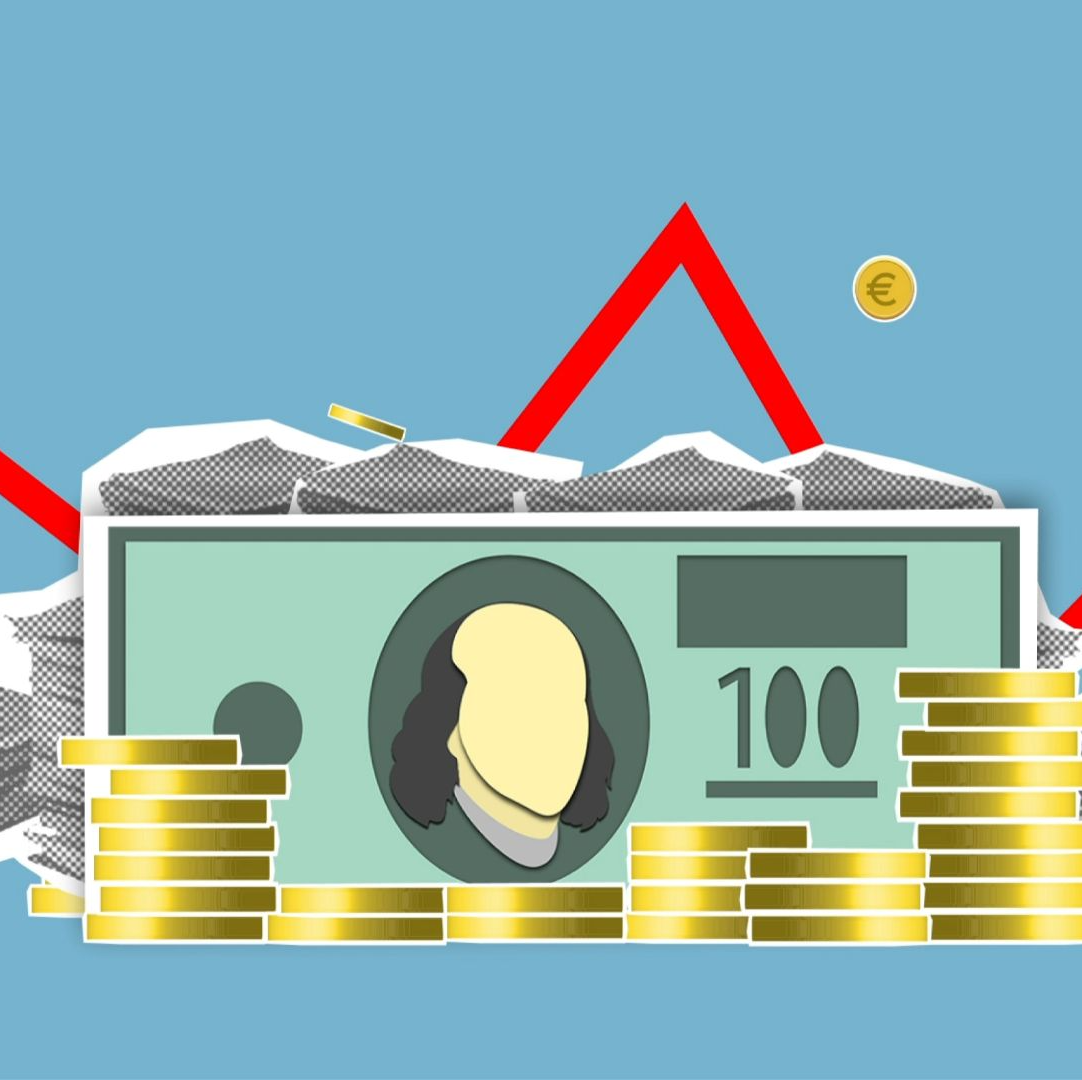Indexed universal life insurance policies fall under the umbrella of permanent life insurance. They offer all the benefits of a traditional universal life policy, plus the chance that the policy’s cash value will grow faster based on an indexing strategy. This makes them an appealing option for those seeking long-term financial security. In this article, we’ll discuss what indexed universal life insurance is and how it works. Explaining Indexed Universal Life Insurance A type of universal life insurance is indexed universal life insurance or IUL. Rather than growing at a fixed interest rate, the cash value portion is linked to the performance of a market index, such as the S&P 500. However, unlike investing directly in an index fund, you will not lose money if the market falls. This is because a guarantee protects your principal against losses. On the other hand, the maximum return you can earn is usually limited. You’ll often be able to divide your assets between the fixed and indexed portions of your policy. Understanding IUL better helps to know about the different kinds of life insurance. The two most common life insurances are term and permanent insurance. There are many types of insurance in the latter category, the most common of which are whole life and universal life insurance. Whole Life Coverage Because this is a permanent policy, there is no time limit on when your family can receive benefits. Furthermore, a portion of your premiums will be used to fund a cash account. When you have enough money in that account, it will fund your eventual payout. You can, however, borrow against or withdraw from the cash while you are still alive. Universal Life Insurance A permanent policy also includes a cash-value account. They are distinguished primarily by their adaptability, which allows you to modify your premiums and death benefits. You may also earn higher interest rates on the cash value’s growth and use that cash value to pay premiums. Term Life Insurance This type of insurance typically covers a period ranging from ten to thirty years. It is a temporary type of coverage because it only lasts for several years. Should you pass away while the coverage is in effect, your family will get a death benefit to pay for your funeral expenses and replace the income you would have earned. It is usually less expensive than other types of insurance. The Advantages of Universal Life Insurance One of the best things about an IUL is that you can profit from stock market returns without worrying about losing money. And it does so while accumulating a tax-free death benefit for your beneficiaries. Indexed universal life insurance also has the following advantages:
- No contribution limits: Unlike traditional retirement options, IULs do not have contribution limits.
- Tax-deferred growth and distributions: IUL distributions are tax-free, whereas other vehicles’ distributions are tax-deferred. That means you won’t have to pay taxes on the money you eventually withdraw from the IUL’s cash value. It is comparable to a Roth IRA in this way.
- Use whenever you want: Regular retirement plans require you to wait until you reach the 59½ minimum distribution age before you can begin withdrawing funds. There is no minimum age for purchasing an IUL.
- Death benefit: Your beneficiaries receive a tax-free death benefit, so they won’t be responsible for paying any income or death taxes.
- Loan availability: Depending on how much money you have in your IUL and when you bought it, you may be able to borrow money from it without worrying about taxes, interest, or a credit check.
Disadvantages of Universal Life Insurance Just like any financial policy, there are some drawbacks to investing in an IUL. The policy has been criticized for the high costs that come with it, including sales and administration. On the other hand, a retirement account will lose significantly less to fees, especially if it is made up of low-cost ETFs or mutual funds. Rather than combine the benefits into one product, someone seeking life insurance protection and tax-free retirement distributions may be better off getting a term life policy and opening a Roth IRA. Other disadvantages of IUL insurance include:
- Earnings caps: Most policies limit the amount of money you can earn within the plan. When the market is having a good year, your money will earn less than if you invested directly. In addition, the insurance company can change index caps and maximum participation rates.
- Taxable income: If the policy expires or is surrendered, the proceeds may be taxable.
Contact Information:
Email: [email protected]
Phone: 2624906519
Bio:
30 + years as a Financial Planner. Securities (Series 1,7, and 65) and Insurance Licensed. Retirement Planning including the actual planning of where your income will come from as well as a discussion of products to get you there. The market has been volatile since Covid broke out and many people are not comfortable with this. If you are retired we will look at your total income and tax situation. If you are still working we have some more time to plan.













